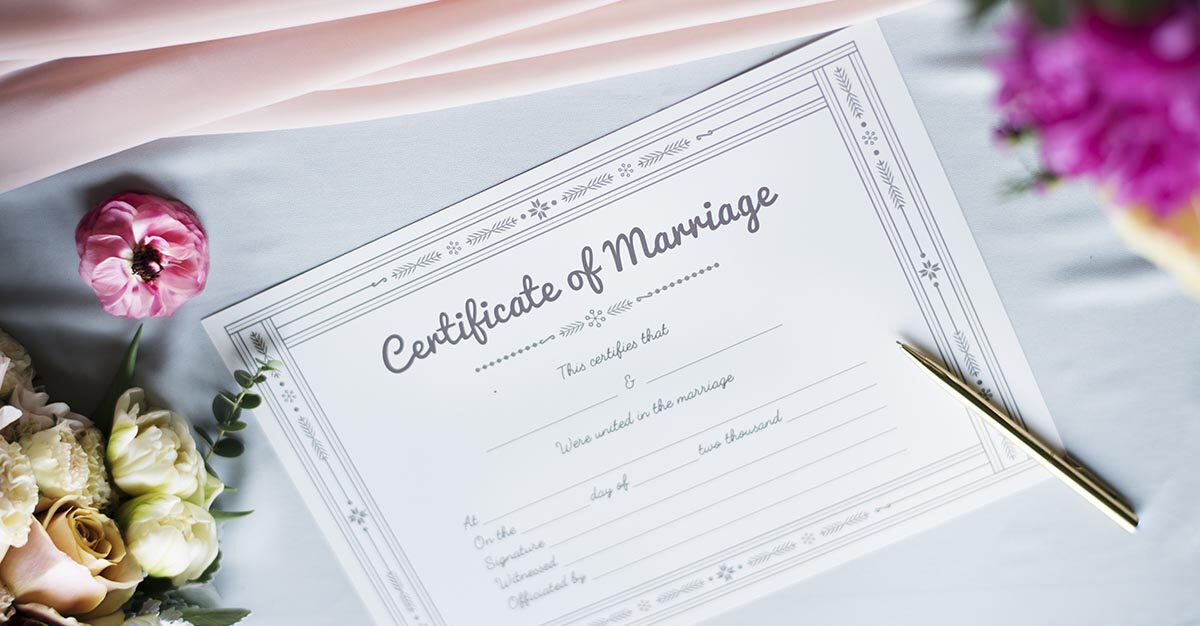- What are the surrogacy regulations in Georgia?
- Georgia allows gestational surrogacy for legally married heterosexual couples who have been married for over one year and for those who can prove a committed relationship of over one year.
- Can we proceed with surrogacy if we are an unmarried couple living together?
- Yes, Georgia offers flexibility for unmarried couples who can provide evidence of a committed relationship lasting over a year.
- Can the surrogate mother keep the baby?
- Georgia provides legal safety for intended parents through clearly structured surrogacy laws. Based on notarized agreements signed prior to embryo transfer, the birth certificate lists the intended parents as the only legal parents. The surrogate mother has no rights to keep the baby, making Georgia’s surrogacy regulations quite unique.
- Is double donation (eggs and sperm donation at the same time) legal in Georgia?
- According to Georgian regulations, it is absolutely legal. However, check with your respective embassy to ensure they do not require a DNA link with at least one parent for citizenship/passport approval.
- Is DNA testing mandatory at the time of the baby’s birth in Georgia?
- DNA testing is not required by Georgian regulations. The birth certificate is issued based on a notarized agreement signed before the embryo transfer to the surrogate mother. However, some embassies may require DNA testing for passport or citizenship applications. Our coordinators can advise based on embassy experiences, and we recommend contacting your embassy early in the process.
- How should I prepare my legal documents to comply with Georgian surrogacy regulations?
- Some documents may require apostillation, while others need notarization first. We provide detailed guidance to ensure a smooth process.
- Do I need a lawyer in Georgia to support me with any legal steps?
- Georgia’s surrogacy regulations are straightforward, and we assist with documentation. However, after obtaining the birth certificate in Georgia and the passport for your baby, you might need a family lawyer in your home country for any legal processes required once you return.
- Who appears on the birth certificate of the baby after birth?
- Both commissioning parents appear, with no mention of the egg donor or surrogate mother.
- What are the regulations for egg donation in Georgia?
- Egg donors can be known to the intended parents. Anonymity is allowed for IVF with egg donation, but not for surrogacy agreements, which must include all parties.
- Are there any specific requirements for international couples considering surrogacy in Georgia?
- International couples must meet the same legal requirements. We assist with navigating any additional complexities.
- Do I need a specific type of visa for participating in a surrogacy program in Georgia?
- Generally, a tourist visa is sufficient, but check the latest requirements based on your nationality and duration of stay.
+995 598 80 22 23Building 3, 1st Dead End, Beliashvili Street, Tbilisi, Georgia 0159
- Company
- Journey Options
- Get Started
- Egg Donor Database
- FAQ
- Surrogacy Process and Care
- Surrogacy Regulations and Legal Documentation
- Egg Donation
- Medical Part of the Process
- Frozen Materials: Shipping and Handling
- Stimulation and Egg Collection
- Preimplantation Genetic Screening (PGS)
- Pregnancy Confirmation and Dealing with Failed Embryo Transfers
- Exit Procedures from Georgia
- Destination
- Blog
- Company
- Journey Options
- Get Started
- Egg Donor Database
- FAQ
- Surrogacy Process and Care
- Surrogacy Regulations and Legal Documentation
- Egg Donation
- Medical Part of the Process
- Frozen Materials: Shipping and Handling
- Stimulation and Egg Collection
- Preimplantation Genetic Screening (PGS)
- Pregnancy Confirmation and Dealing with Failed Embryo Transfers
- Exit Procedures from Georgia
- Destination
- Blog




